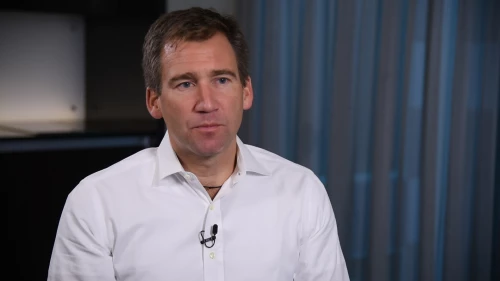
Education
- PhD, economics, Carl von Ossietzky University of Oldenburg
- Master’s degree, business administration and law, Carl von Ossietzky University of Oldenburg
Henning Streubel has worked closely with energy businesses all over the world during the past two decades. In his early career, he worked mainly in Europe before spending five years in the Asia-Pacific region. Today, he works predominantly in the Americas, Africa, and CIS.
His experience with national and international oil companies, as well as utilities, has covered a wide range of strategic, organizational, and operations-related engagements. His experience specifically encompasses full upstream transformations, including portfolio optimization, organizational improvement, support function optimization, process improvement, and change management. He has also supported his clients in the building of organizational capabilities, corporate strategy development, sustainability topics, and crisis management.
Henning has particularly deep experience in many energy markets around the world, having helped a number of companies design and implement country-entry strategies in Asia and Latin America. He has also worked in the public sector, supporting governments and regulators in developing national energy policies. Additionally, Henning is a certified coach and serves as an executive coach to several of his clients.
Henning is the global topic leader for upstream transformation as well as stakeholder management, and he is North America’s topic leader for Smart Simplicity. He is a core member of BCG’s People & Organization and Strategy practices and a member of the firm’s global Energy Practice Leadership Team.
Henning previously led BCG’s West Coast System, spanning 6 offices from Seattle to San Diego. He also previously led BCG’s Bangkok office and is a frequent speaker at industry conventions and executive education programs at institutions such as Harvard Business School and the University of California Berkeley’s Haas School of Business.
Before joining BCG, Henning was a project leader at the strategic management consultancy INDUSTRAT in Yverdon, Switzerland. He was also a consultant for a French-German network for technology transfer in Lyon, France.





